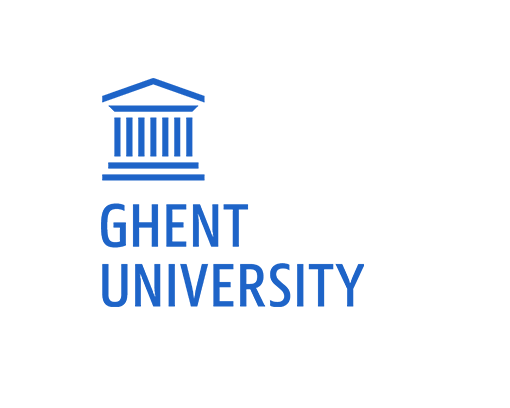Gender equality in European Union development policy: incorporating women’s voices or confirming hierarchies?
- Petra Debusscher (Department of Political Sciences, Ghent Universty, Belgium)
Abstract
This paper examines gender mainstreaming in European Union (EU) development aid towards Sub-Saharan Africa. The aim is to detect how gender (in)equality in Sub-Saharan Africa is framed by the EU by critically assessing the nature and range of the differences between EU and civil society framings of gender (in)equality in Sub-Saharan Africa. Using the method of Critical Frame Analysis, 28 EU programming documents have been analysed and compared to 10 civil society texts on gender equality. I conclude that the EU’s approach to gender mainstreaming in its development aid towards Sub-Saharan Africa is to a large extent integrationist and predominantly instrumentalist as it is framed as a way of more effectively achieving existing policy goals. The more transformative issues that are put forward by Sub-Saharan African civil society organisations do not t within the EU’s dominant development paradigm that is focused on achieving the Millennium Development Goals and does not signficantly challenge gender relations or power structures. The gap between the analysed civil society views and those expressed by the EU can be explained by the EU’s reluctance to include in its policy drafting the promotion of gender equality by civil society organisations. Moreover, the gap seems to have both practical and ideological grounds.
Key words: gender equality, European Union, Sub-Saharan Africa, development policy, civil society, millennium development goals, critical frame analysis
How to Cite:
Debusscher, P., (2013) “Gender equality in European Union development policy: incorporating women’s voices or confirming hierarchies?”, Afrika Focus 26(2). doi: https://doi.org/10.21825/af.v26i2.4909
Downloads:
Download PDF
View
PDF
